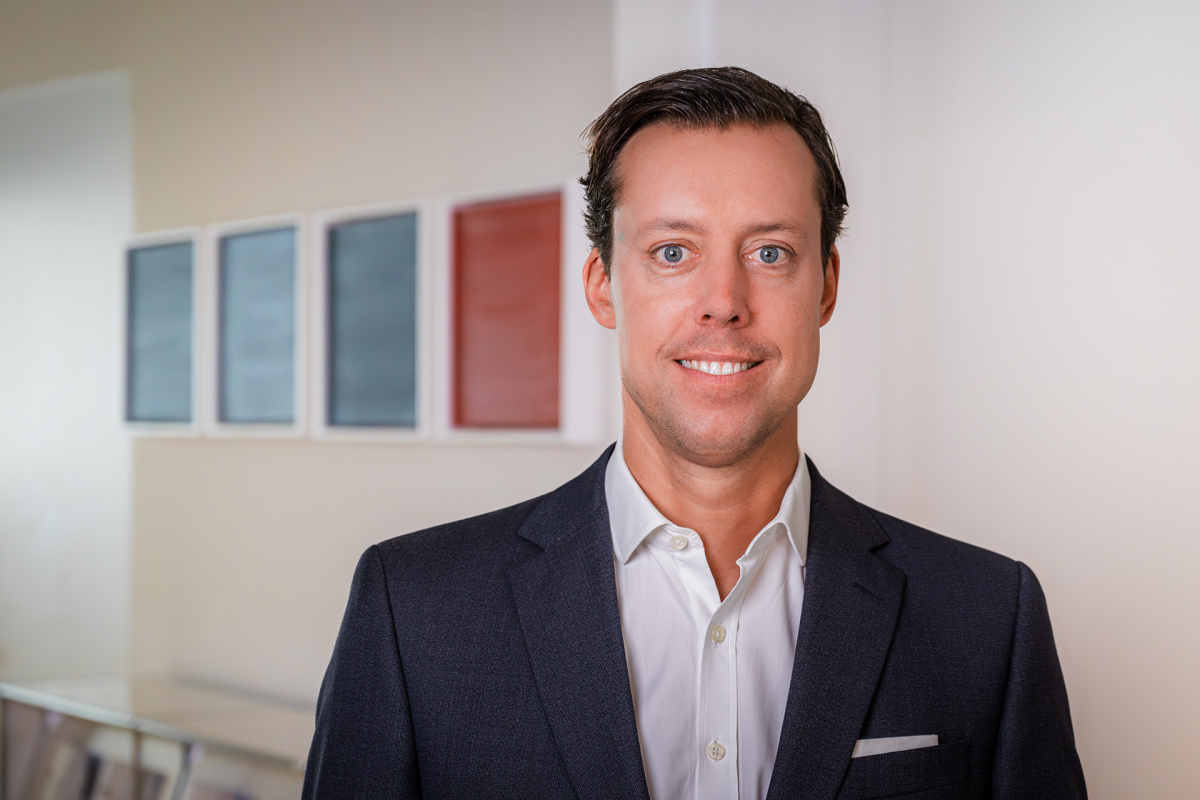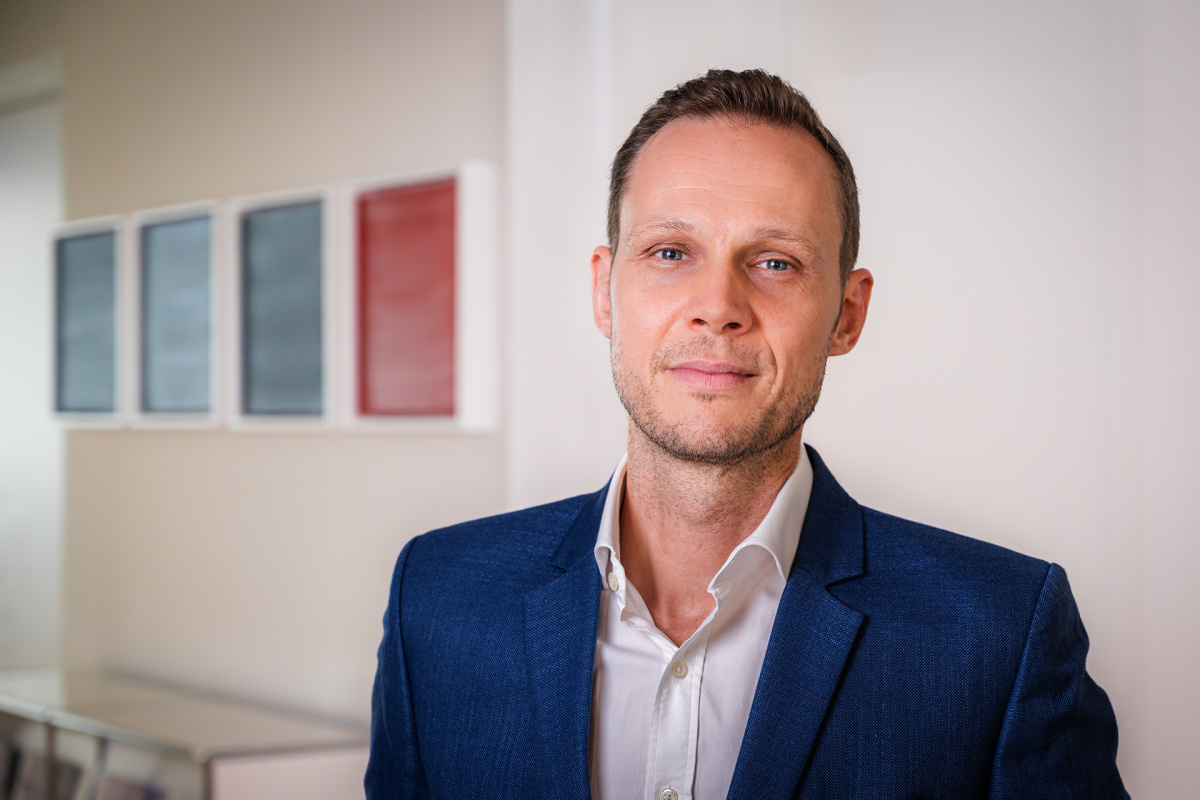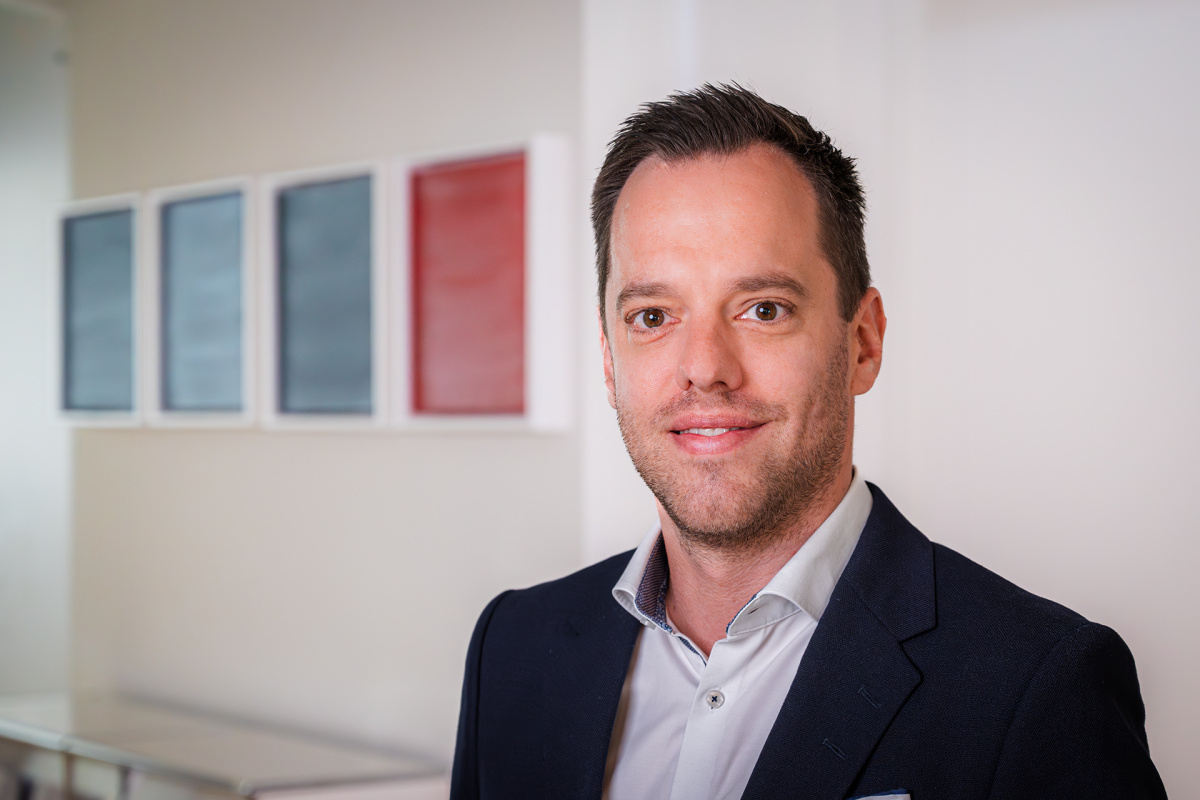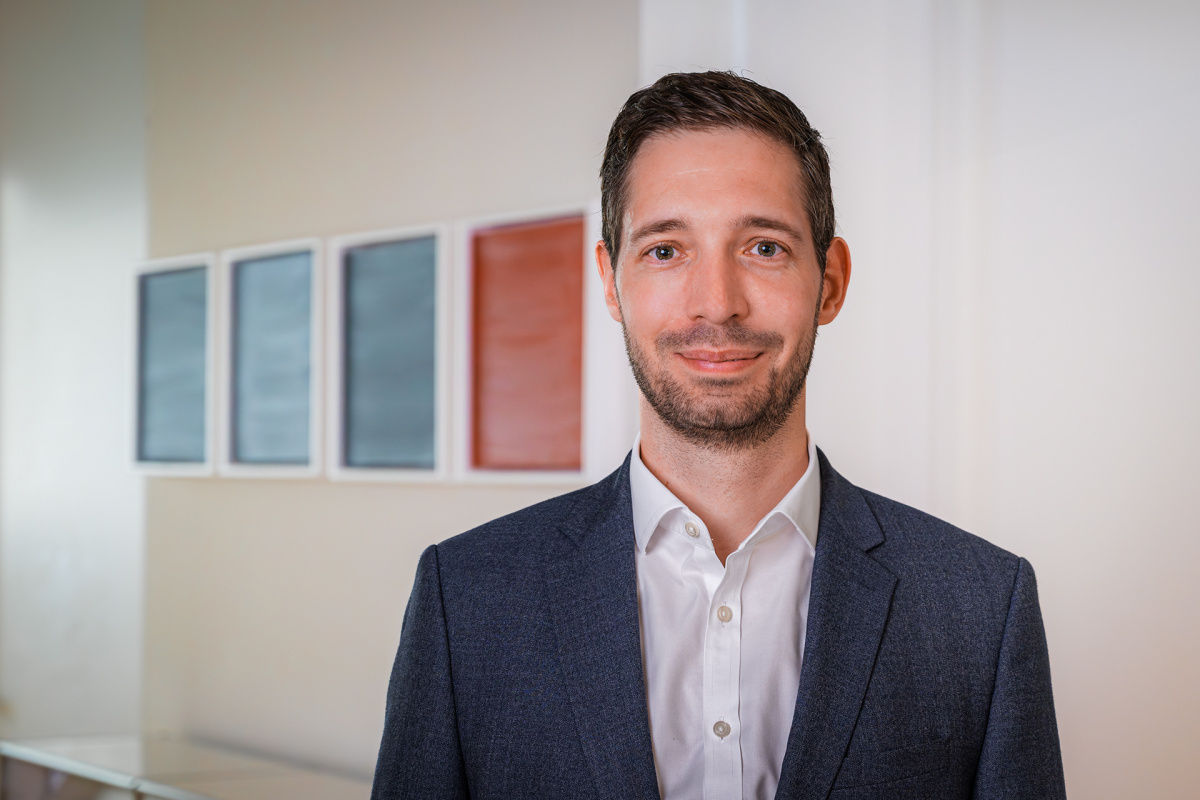Nothing is more constant and faster than change.
The number of media companies of all types and sizes is currently growing at an extremely rapid pace. And the expectation is that this trend will continue for some time to come. This is due to the increasing demand for electronic entertainment and convergent technology, as well as to fast-paced technical developments that facilitate new globally accessible online applications on a daily basis. Boundaries are blurring and the availability of one-click solutions from a single source is growing all the time. Online trading is one area that is becoming increasingly important. This is particularly true of the entertainment industry, whose products are usually distributed in digital as well as physical form.
As a result, the media world has become one of the most dynamic and competitive sectors of all.
Companies have to take special measures to tackle the challenges of this constant digital change. User behaviour is becoming more and more short-lived, with companies having to adapt both their offering and the manner of its delivery on an ongoing basis in order to appeal to the customer and maintain a competitive edge. Fascinating options are created by combining new technologies, but this also raises the level of complexity and places new demands on the entire workforce. Digitisation is increasing in both the private and the professional sphere, blurring numerous boundaries in the areas of technology and the working world alike. Every company must be aware of the importance of new technologies and what can be achieved by their use. The manpower requirements of the sector as a whole are expected to increase further.
Thus an efficient and tailored recruitment policy constitutes a crucial success factor.
It is not change per se that determines the future, but the way in which your staff deal with it.
The current upheavals can only be translated into business opportunities if the right managers are in place. Skill profiles change so quickly in this context, becoming ever more complex just like the digital sector itself.
The future belongs to companies that are capable of transcending boundaries and shrugging off rigid concepts in their bid to provide innovative and competitive products and services such as multi-access technologies. At the same time, they must conclude any transactions extremely quickly and act flexibly across borders. A complicating factor is that the companies in this sector often have to operate in already saturated markets. All of this requires new and extended management expertise. Knowledge of the interdependencies and synergies between technologies, media and telecommunications is also highly sought-after – and absolutely indispensable for the management team of companies from all sectors, whether global group, SME or start-up.
We concentrate on finding exceptional employees for our clients. These are people who are capable of acting flexibly, and consequently successfully, in a market characterised by fast-paced change and of making a mark in their industry.
What is required are new generalists with a specific profile.
In the media and entertainment industry in particular, a different type of generalist who can become familiar with new topics extremely quickly in line with the dynamism of the sector is being sought for management roles. These new managers must also possess character and individuality and be able to lead teams in authentic fashion. Moreover, they should boast well-developed analytical and quantitative capabilities in order to be able to immerse themselves in the respective data where required. The more dynamic the sector, the more the emphasis is on team players. A close connection between sectors is vital in these markets. Networkers who facilitate interdisciplinary operations across a range of sectors and whose work can take companies to the next level are increasingly sought-after.
Let us establish the connections for you.
Liebe • Sutor • Gawlowski supports you in approaching and placing these personalities, both at management and specialist level. Our clients include well-known German small and medium-sized enterprises, as well as media groups and owner-managed businesses. The focus is on publishing houses, agencies, multimedia (production) companies and the television and music industry.
Not only do our consultants boast long-standing industry and specialist know-how and the corresponding network, but they also listen carefully to what you – our clients – have to say. Thus our connections can help create solutions tailored to your specific needs.





